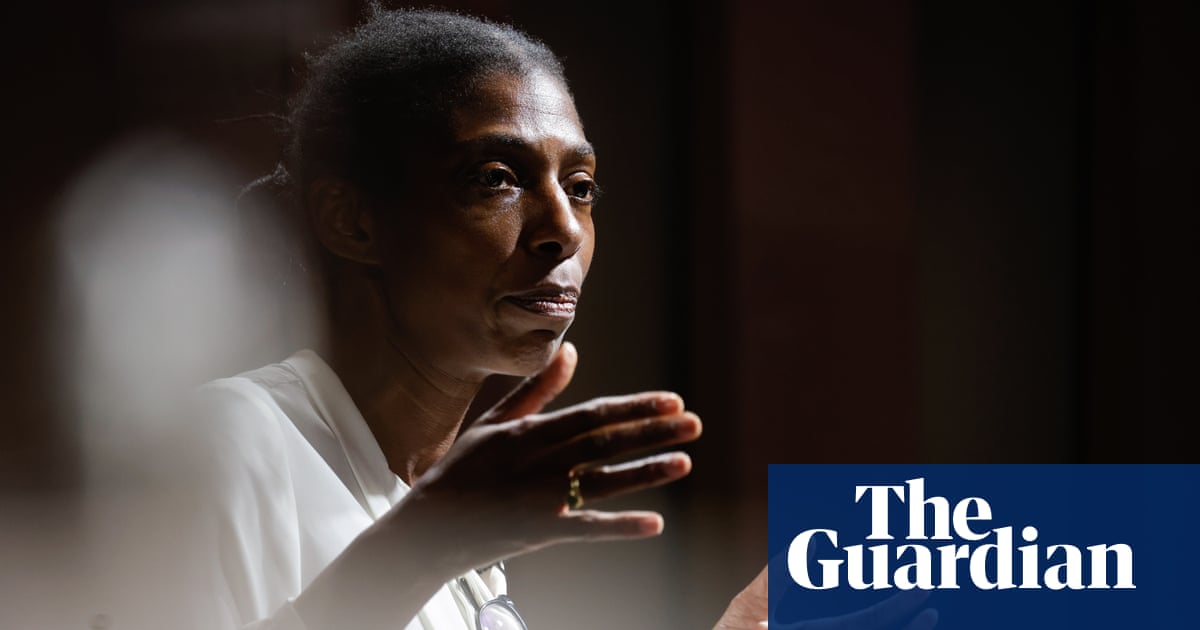
MI5’s new boss has said the spy threats posed by China and Russia to the UK are “growing in severity and complexity” while the terrorist threat from Isis and the far right “persists at scale”.
Giving his first speech since his domestic spy agency’s director general in April, Ken McCallum focused on risks from hostile states, including undermining “the integrity of UK research” on a coronavirus vaccine.
He also pledged the domestic intelligence service would boost its diversity and said the Black Lives Matter movement had prompted “really deep and searching conversations with our own people”, with staff at the spy agency revealing, in some cases, “outright racist behaviours within the organisation”.
He said the UK faced threats “up to and including assassinations, as the Alexei Navalny poisoning reminds us; threats to our economy, our academic research, our infrastructure and, much discussed, threats to our democracy”.
He directly specified “the differing national security challenges presented by Russian, Chinese, Iranian and other actors” and said they were “growing in severity and in complexity – while terrorist threats persist at scale”.
MI5’s work has been dominated by counter-terrorism in the past two decades. The agency said in its last update that it had thwarted 27 terrorist plots in the past four years, including eight from the far right.
McCallum said the threat from the far right was “sadly rising” and that the agency had particular concerns that young people were being attracted to far-right thinking “which does tend to suggest this threat will be with us for some years to come”.
But the MI5 boss said that, unlike with Islamist terrorism, the far right remained fragmented. “We’re not yet seeing a coherent global movement, we don’t see the same kind of thing we’ve previously seen with al-Qaida or Daesh [Isis],” he said, although the spy agency remained alive to the possibility the far right could become “more structured and coherent”.
Some in Westminster have argued that MI5 needs to refocus on countering China and Russia. Over the summer, parliament’s watchdog intelligence and security committee accused the spy agencies of “taking their eye off the ball” when it came to Russian activities in the UK.
In July the UK accused Russia of attempting to steal coronavirus secrets by hacking into research labs in the UK, Canada and the US. Referring to that, McCallum said MI5 was watching out for “attempts to steal unique intellectual property” or in some way “interfere with what is happening”.
Russian activities also included efforts to undermine the credibility of western vaccines on social media, he added.
Examples of the changing threat include claims that China tried to spy on the EU by targeting a former MI6 officer, Fraser Cameron, who allegedly sold classified information to undercover operatives from Beijing. Cameron denies the allegations. China, McCallum added, was beginning to engage in an “interference in politics”.
However, McCallum said the UK needed to proceed carefully on China because of the economic impact of total disengagement. He said Britain needed “a broad conversation across government and, crucially, beyond, to reach wise judgments around how the UK interacts with China on both opportunities and risks”.
The pandemic had led to MI5 looking afresh at some of its work on bioterrorism and sharing it across government. MI5, McCallum said, had repurposed “research originally done on toxic chemicals to help understand how Covid in droplets might disperse in certain environments”.
McCallum said the Black Lives Matter protests, which swept across the UK after the death of George Floyd in the US, had had an effect within MI5 and vowed to modernise the agency.
He pledged the domestic intelligence service would increase the number of minority ethnic people employed as analysts, agent runners and in other sensitive posts.
The Guardian has learned MI5 assesses that 10% of its staff are from a minority ethnic background compared with 14% of the overall British population at the last census. The percentage is less at senior ranks.
“The MI5 that I joined in the 1990s had never had a senior black officer, for example. None of us would choose to start from there, but from that base we have been building,” he said.












